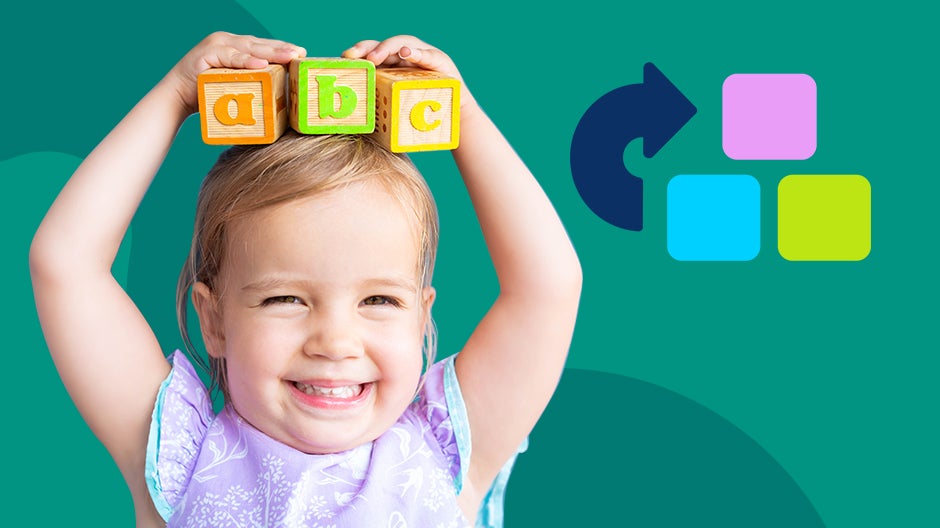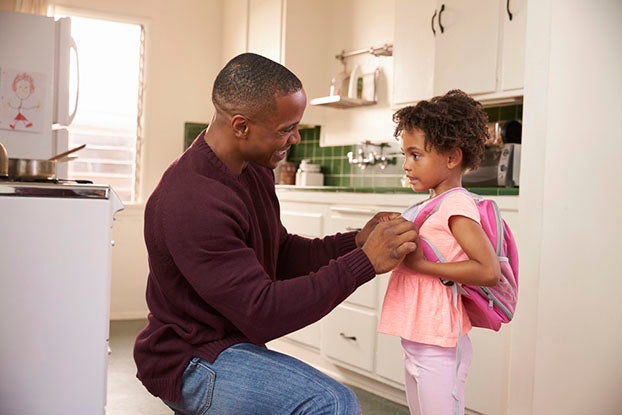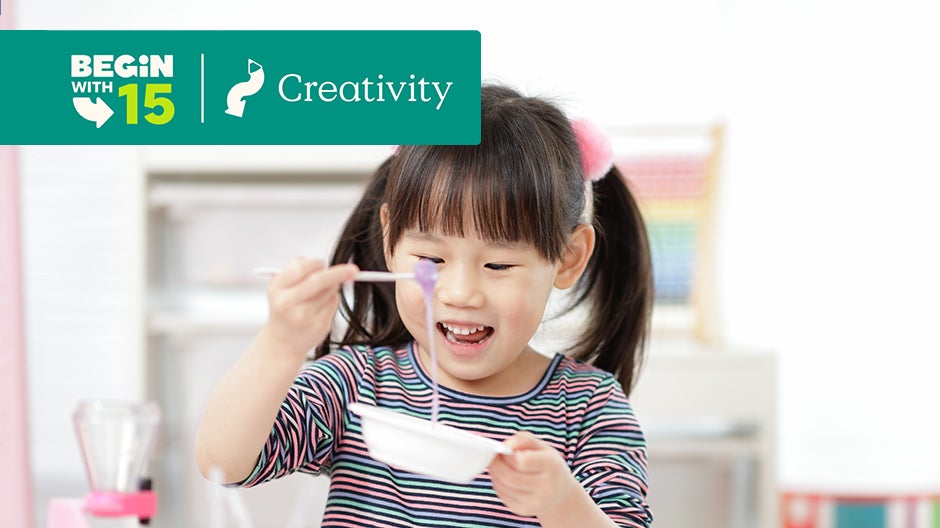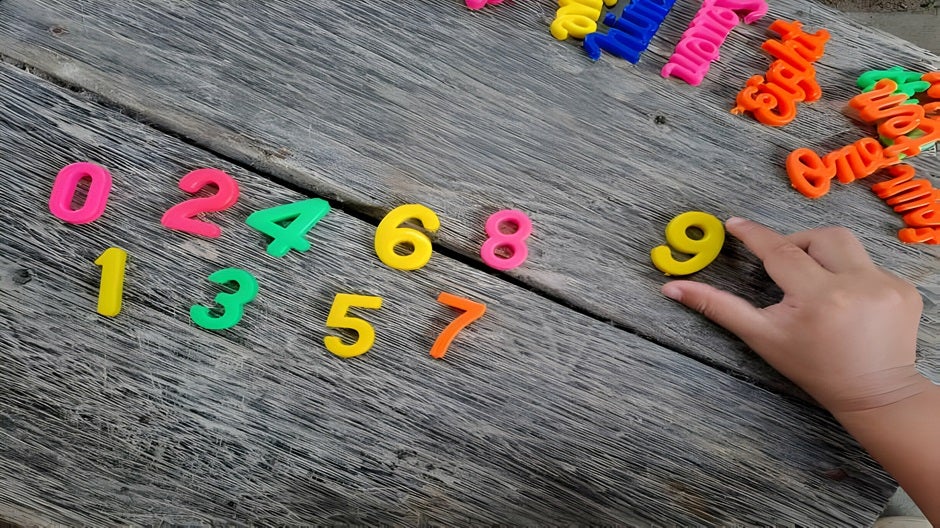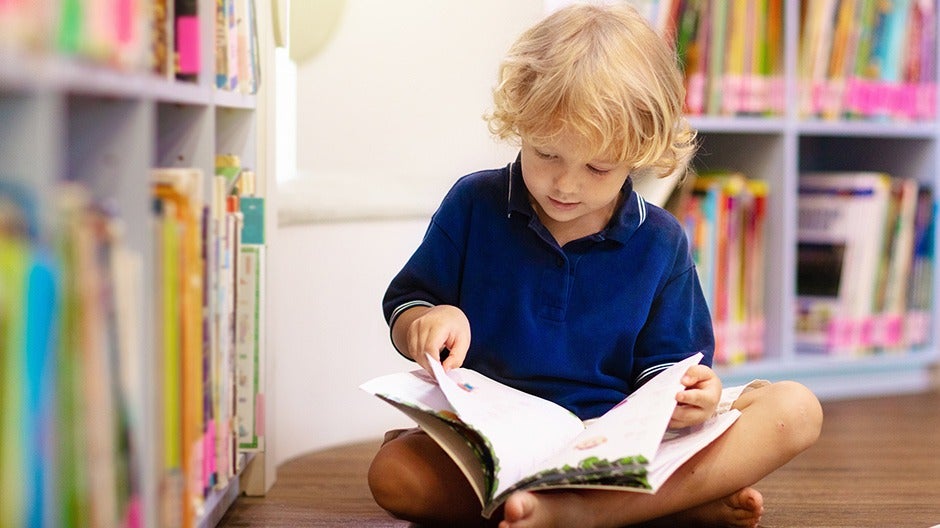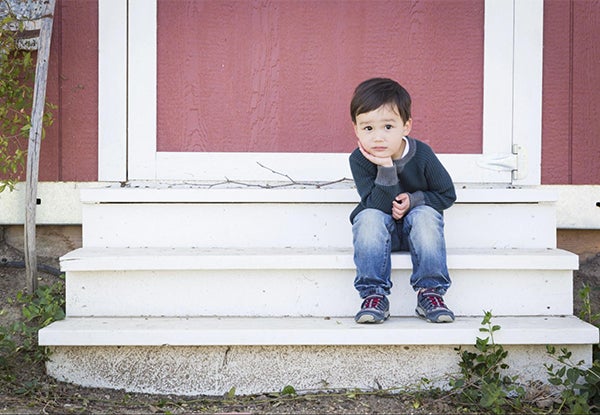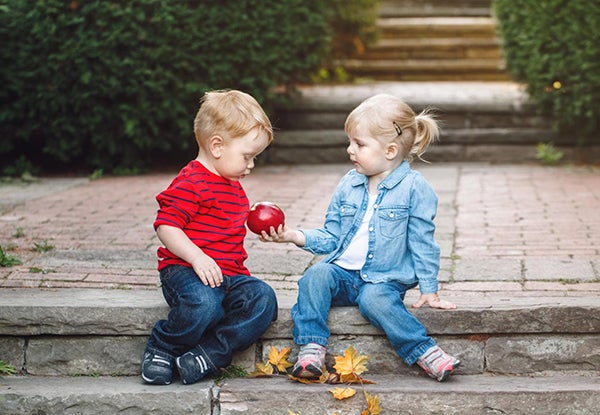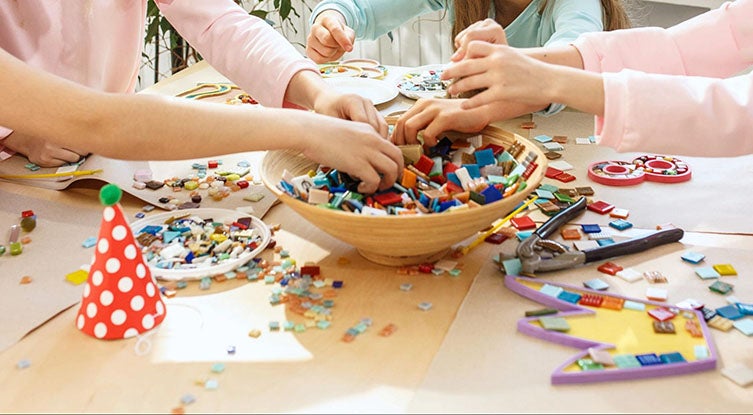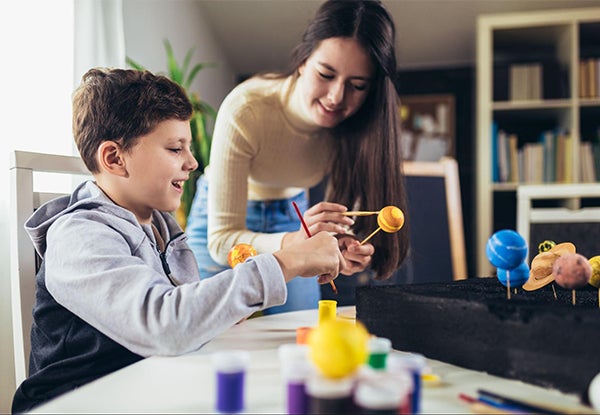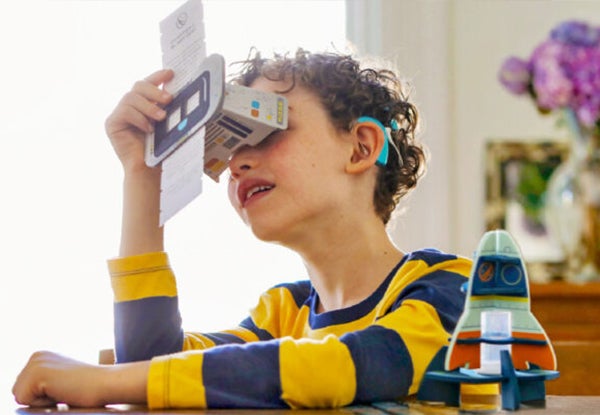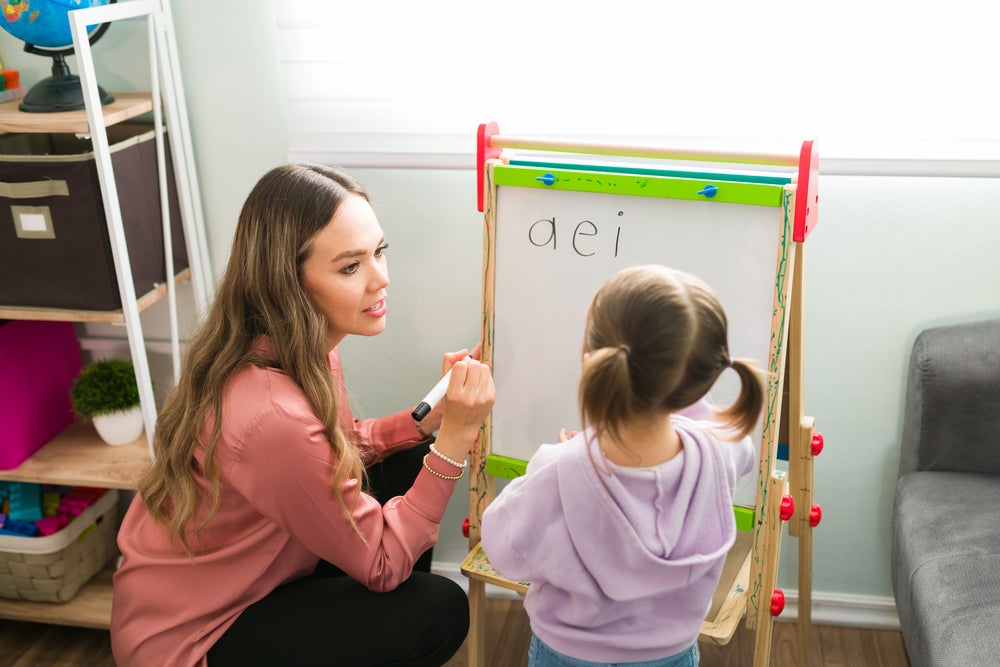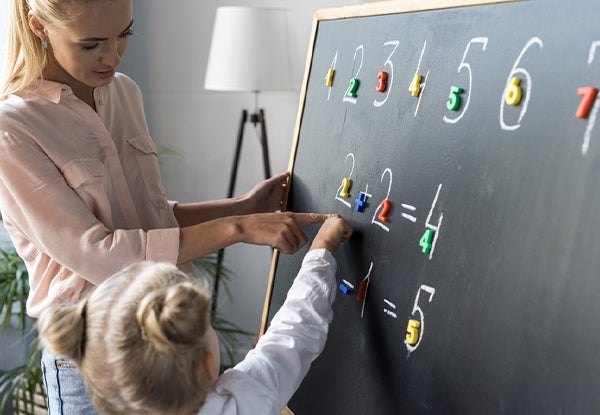The world is changing at an incredible rate. As parents, we have many things to think about that our parents didn’t, from what artificial intelligence (AI) means for our kids’ futures to the impacts of social media on their relationships and mental health.
But some things haven’t changed, and that includes the importance of core skills. The “ABC’s and 123’s” have always been and will always be essential for a strong learning foundation. So are basic science skills and healthy physical development (those hours you spent in elementary school P.E. class weren’t for nothing!).
While core skills themselves haven’t changed all that much, we know more than ever about why they matter and how to encourage them—and there’s plenty you can do to help your kids!
The Short Cut
- Core skills cover areas like reading, math, science, physical development, and basic life skills (good hygiene, tying shoes, eating healthy food, crossing the street safely, etc.)
- Strong core skills support development in other areas and provide the foundation for a child’s academic and career success
- The benefits of strong core skills grow over time! Strong kindergarten math skills, for example, lead to greater school success years later
- Parents can support core skills through playful everyday activities (cooking together, putting on a puppet show) as well as learning products like those from Begin
- Developing the 5 C’s doesn’t need to be complicated. You can make a big difference in only 15 minutes a day!
As a mom and an expert in early learning, I love that virtually all core skills can be supported through play, and that these skills provide a strong foundation on which to build all other skills and interests.
For instance, once kids learn to unlock the “code” behind reading, the world opens up to them. They can read to learn anything they find interesting—from video game design to how the universe began. Once children grasp the basics of number sense, the entire world of mathematics becomes possible. And once they establish basic scientific background knowledge and learn how to think like a scientist, they can solve problems and explore the world around them, even if those problems aren’t necessarily “scientific” (what’s the fastest way to bike to my friend’s house so we can maximize our playtime?).
What Are Core Skills?
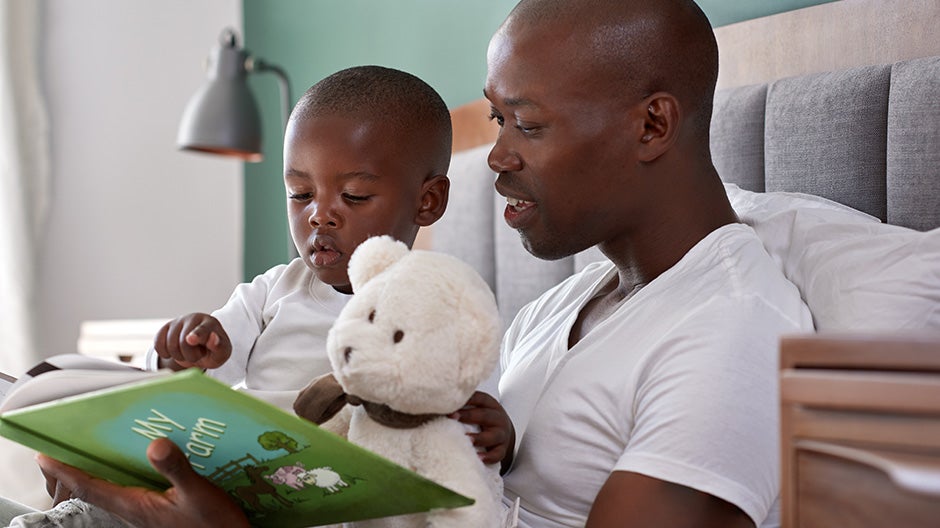
Core skills cover a range of skills often associated with traditional schooling. That means reading, writing, mathematics, and science, but also physical development (including fine and gross motor skills), daily routines, healthy living (nutrition, movement, hygiene), and safety (things that keep our bodies safe, such as wearing seatbelts and looking both ways before crossing the street).
These are considered “core” because without them, it’s harder to develop the other C’s (Curiosity, Critical Thinking, Creativity, and Character). They’re also “core” to most academic curriculums, and they provide the foundation for success in school plus the basic requirements for higher education and most jobs in the workforce.
While we know today it’s important to support all 5 C’s, that doesn’t mean core skills are any less essential for our kids than they were for us or our parents.
The Impacts of Core Skills in School and Life
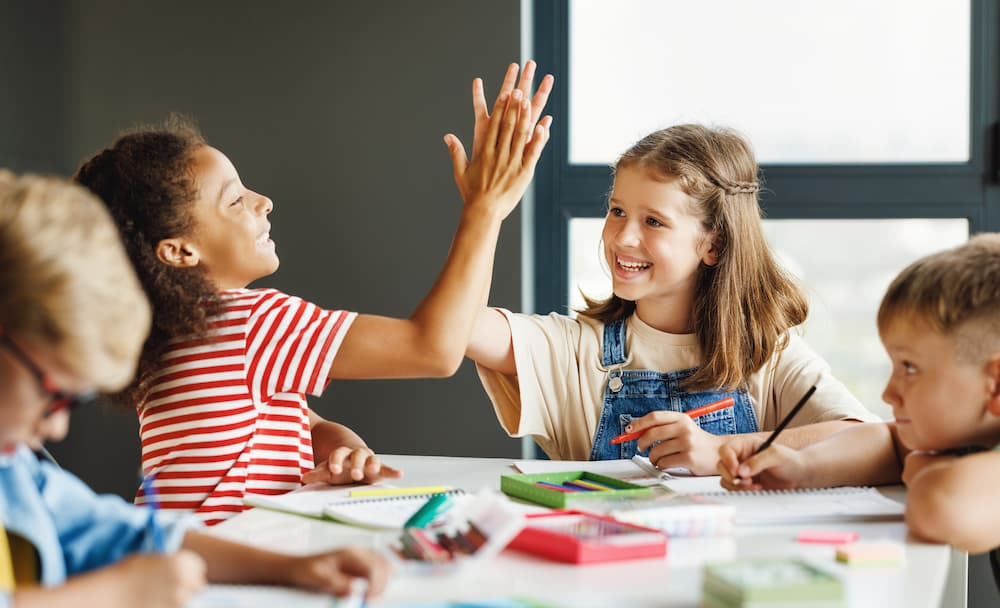
In addition to these skills being evergreen in their importance, they also have some really notable impacts:
- Mathematical knowledge at kindergarten entry has been shown to be the strongest predictor of later academic success. Helping your kids develop math skills like counting, having a mental linear number line, and adding and subtracting with objects early in life can have a profound impact on all later learning!
- Physical activity and movement are correlated with strong cognitive skills and positive social-emotional outcomes. In other words, kids who move a lot tend to think more clearly, have better mental health, and have healthier relationships.
- Reading is a critical gateway to all other aspects of formal learning—and some informal learning, too. It’s amazing how much kids can learn from reading the text in some video games, for example (for some kids, that’s even a powerful motivator to learn to read!). When children are behind in reading skills, they often struggle to learn a range of other critically important topics and to establish the confidence and background knowledge they need for success in school.
It’s also worth noting that many of our most vulnerable children and students are now behind across a range of core skills due to pandemic-related learning loss, and many children experience significant learning loss during the summer months, often referred to as the “Summer Slide.”
Given how important core skills are, it’s reassuring to know that there’s a lot we as caregivers can do to support it in our children (and that many of those things are fun!).
Simple Ways to Support Core Skills
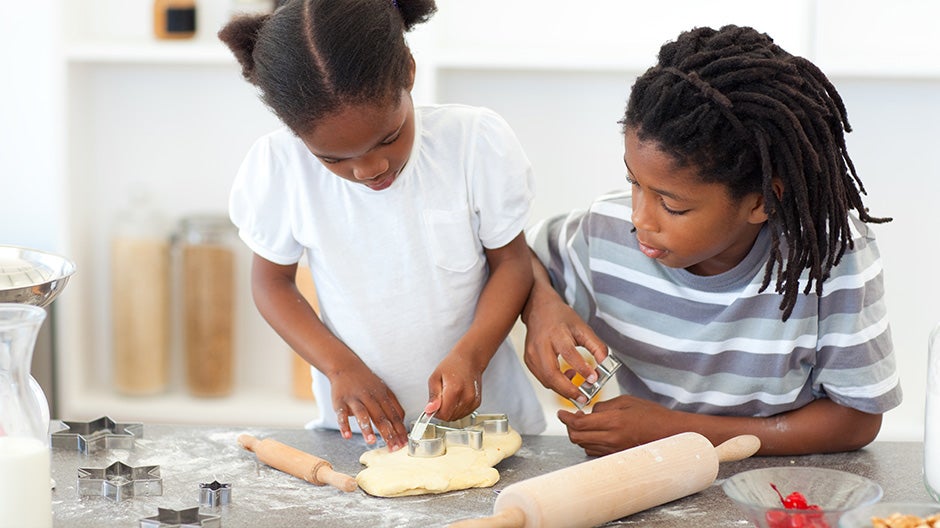
1. Get Cooking! Cooking or baking together is an excellent way to introduce some math-rich vocabulary and skills, such as counting objects (eggs, wooden spoons), measurement and units of measurement (amount of time for the timer, temperature for the oven, tablespoons versus teaspoons), and operations (addition, subtraction, multiplication, and of course lots of fractions, such as half a cup of flour).
2. Bedtime Stories and Word Problems. Reading a bedtime story together is an important routine you can establish while your child is still an infant! Reading to a child provides early exposure to language and concepts of print (like the idea that books contain information and consist of pages that turn to reveal more), both vital for literacy development. The bonding time is also very beneficial, and you can make memories that last a lifetime (I still tear up sometimes when I see the tattered copy of I’ll Love You Forever by Robert Munsch that my first child loved so much).
In addition to reading books, you can start weaving in word problems starting at preschool age. You can pose simple puzzles such as “One day a boy at the park found a tennis ball. He picked it up and then, as he was walking to show his dad, he found another one! How many tennis balls did the boy find?” and level the math concepts up as your child gets older. These nightly word problems are an excellent way to weave in more math talk and have been proven to have a positive impact on early math scores.
3. Visit Museums, Libraries, and Local Parks. There is so much to learn all around us, and access to formal learning environments isn’t required. Spending time outside the home, whether that’s in a children’s museum or a local park, allows kids to encounter new people, see things they don’t see in their own familiar environments, and ask questions about, or experiment with, what they’re observing. All new experiences and observations give children an opportunity to refine their “schemas” (their ideas or understandings) of how the world works and make new neural connections, which helps with learning core skills.
4. Get Crafty. Crafts for kids (made using age-appropriate, kid-safe materials) can be an excellent and fun way to work on fine motor skills. Whether it’s beading jewelry, gluing macaroni noodles onto cardboard, or holding a paintbrush while making a picture, crafts are a fun way to express ourselves, experiment, and work on those small muscle movements and coordination.
5. Family Fitness. Exploring different ways of moving your bodies together as a family, such as after-dinner walks around the neighborhood or family-friendly yoga, helps develop healthy routines, gross and fine motor skills, and balance and coordination. It’s also likely to have additional benefits for cognitive skills and social and emotional well-being.
6. Puppet Shows. When your child puts on a puppet show, there’s a strong chance they’re using their expressive language skills (storytelling), gross and fine motor skills (making the puppets, holding their arms up, and moving their puppets around the “stage”), and maybe even some math (“selling” tickets and picking a time for the show to start). We had plenty of puppet shows in our home when my kids were younger, and while they’re occasionally painful to sit through (the narratives can go down some looooong rabbit holes), they’re an incredibly rich experience that the entire family can enjoy and collaborate on.
Core Skills across Ages and Stages
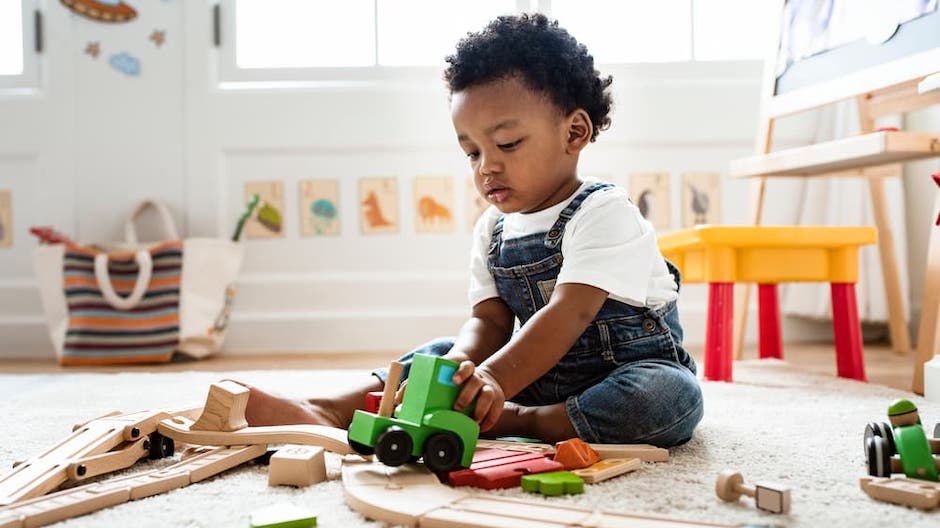
Unlike some of the other C’s, core skills have some well-established age-based milestones and many of the skills are linear, meaning that skills build on each other and get increasingly complex over time.
That means there are a number of very credible, research-based developmental milestones guides you can use to inform what you work on with your child. And it’s important to add that if you believe your child might be behind on some core skills, especially those around language development and key social interactions such as making eye contact and pointing things out to call someone else’s attention to them (what experts call “joint attention”) you should check in with your child’s primary health practitioner.
One of my favorite tools for tracking developmental milestones is the Centers for Disease Control and Prevention (CDC) Developmental Milestones guide, which covers detailed milestones for children ages 2 months to 5 years. In addition to a website, they also have an app you can use to learn more about each milestone and enter whether you’re observing the skill, aren’t seeing it yet, or are unsure. The guide covers social, language, cognitive, and movement skills. It also helps flag when certain milestones not being met might be an opportunity to act early and talk to your child’s doctor for additional screening or guidance.
Another tool I like is the Public Broadcasting Service (PBS) ABC’s of Child Development guidelines, which covers milestones across physical development, social-emotional development, thinking skills, and communication skills for children from birth through 5 years old. There are some good descriptions of what you can expect across the stages, and they can be a nice compliment to the CDC milestones.
And finally, we have a number of age-based milestone guides at Begin which give you a sense for what you might be observing in your child across different ages and stages (and across the C’s, including core skills).
Begin’s Age-Based Milestone Guides
Supporting Core Skills with Begin
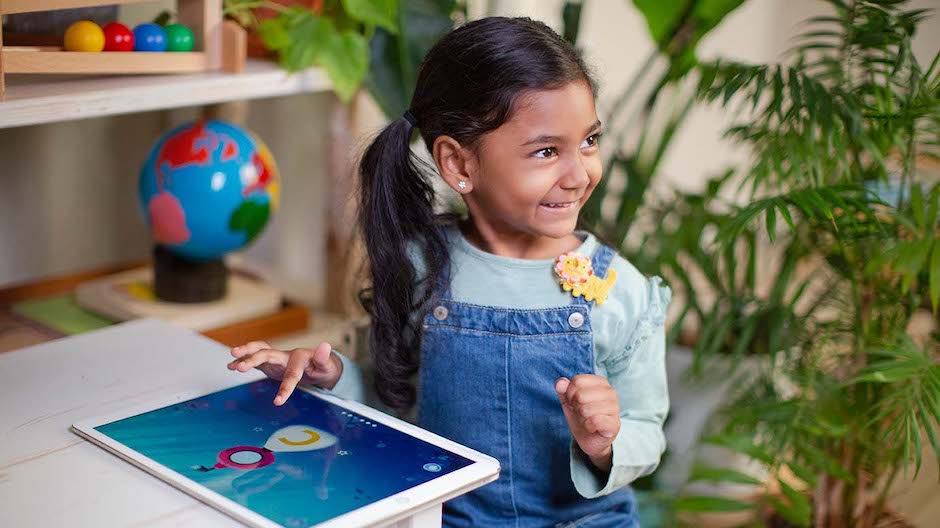
Core skills are a very important “C”—not just when your child is getting ready for preschool or elementary school, but for their entire life. The core skills they learn now will help create a foundation upon which they can learn virtually ANYTHING else. They can, along with the other C’s, set them up for incredible success in school and in life.
At Begin, we know this, and we include core skills activities throughout our products. HOMER is packed with reading and math activities (playing it for 15 minutes a day can raise early reading scores by 74%!). CodeSpark contains fun counting and greater than/less than games. Little Passports includes exciting stories to read together and hands-on activity kits that often involve counting and measuring.
And that’s just the tip of the iceberg—to see how some of our products come together to give your child the best start to achieving their fullest potential, check out our comprehensive learning membership.
There are many things you can do to support and reinforce your child’s critical thinking skills. It’s truly a lifelong process of growth and development, and we’re here to help!
